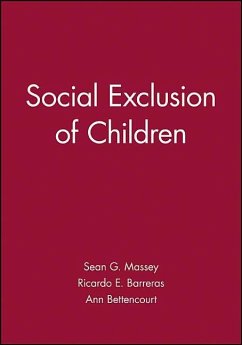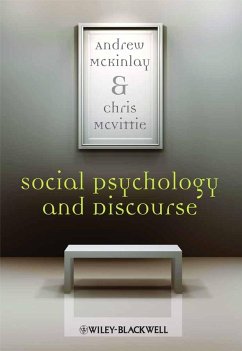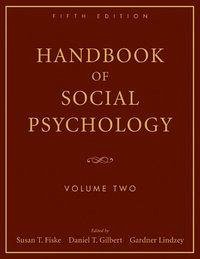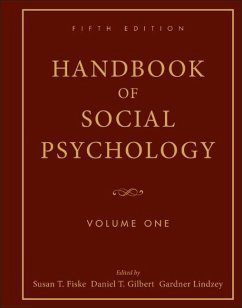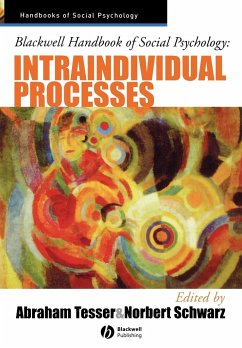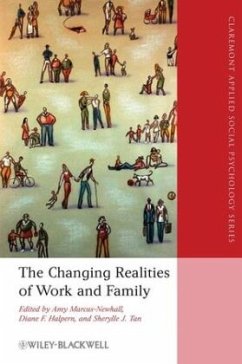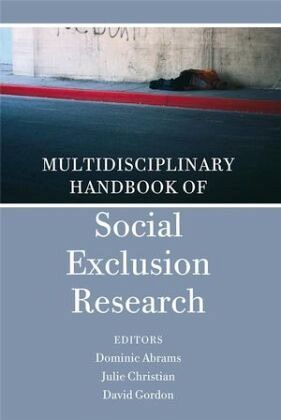
Multidisciplinary Handbook of Social Exclusion Research

PAYBACK Punkte
99 °P sammeln!
Social Exclusion is a general terms that refers to what happens when people and/or areas suffer a variety of linked problems such as unemployment, low income, poor housing, high crime and poor health. In 1997 the prime minister set up the Social Exclusion Unit to improve government action on social exclusion.
Social exclusion remains one of the key problems nationally and globally for policy makers, researchers and professionals. In spite of its prominence today, social exclusion policy debate lacks a dominant disciplinary focus. This innovative book covers evidence from key research and policy to provide readers with cross-disciplinary perspectives on major areas of social exclusion.
Chapters focus on central social exclusion policy domains, including education, healthcare and crime. They are structured in a common framework that relates available evidence to the state of social exclusion and the mechanisms by which social exclusion can be tackled. Contributors also offer connections between different national and international approaches to social exclusion and, in doing so, shed further light on the complexities of social exclusion in society.
The cross-disciplinary approach offered in Multi-professional Handbook of Social Exclusion gives the book broad appeal across a range of professions and disciplines. The book will act as an unrivalled source of reference on social exclusion for academics and practitioners working in disciplines including housing, education, psychology, political science, healthcare, sociology and Law
Chapters focus on central social exclusion policy domains, including education, healthcare and crime. They are structured in a common framework that relates available evidence to the state of social exclusion and the mechanisms by which social exclusion can be tackled. Contributors also offer connections between different national and international approaches to social exclusion and, in doing so, shed further light on the complexities of social exclusion in society.
The cross-disciplinary approach offered in Multi-professional Handbook of Social Exclusion gives the book broad appeal across a range of professions and disciplines. The book will act as an unrivalled source of reference on social exclusion for academics and practitioners working in disciplines including housing, education, psychology, political science, healthcare, sociology and Law



